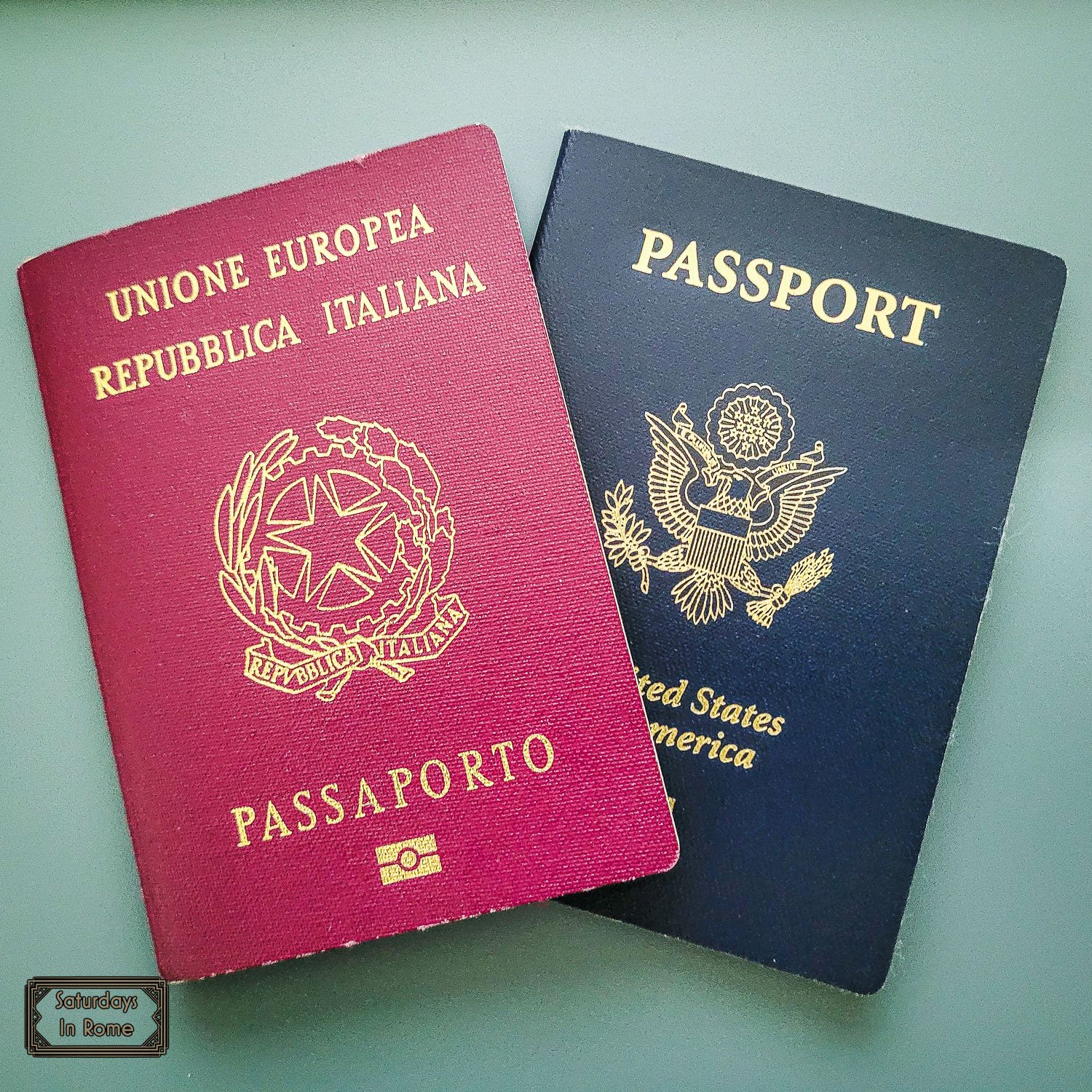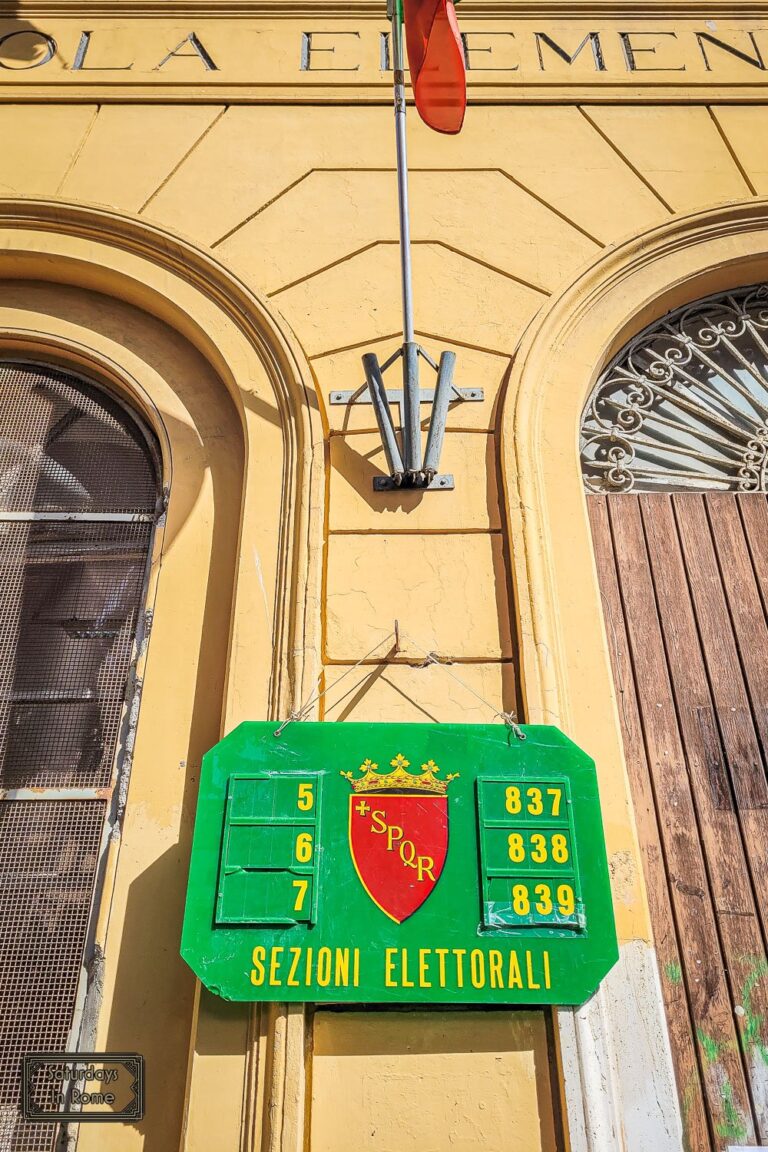Italian Citizenship By Birth Can Be A Complicated Process
Getting Italian citizenship by birth is a complicated and frustrating way of getting an Italian passport and this guide will help understand the requirements.
Italian Dual Citizenship
Does A Baby Born In Italy Automatically Get Italian Citizenship?
A popular question about Italian citizenship is: “Does being born in Italy make you an Italian Citizen?” The answer is complicated and also politically lively, so I wanted to give some background on this discussion and also some of the recent political debates in the news.
There are two components of birthright citizenship in Italy. The first is Italian citizenship through Jure Sanguinis, which I had written about in detail earlier. This is considered Citizenship by Ancestry. If you have Italian ancestry, this process might be an option. I wrote ‘might’ because there are a number of requirements necessary to make this a possibility, so for more details and my experiences with this process, please do check out my earlier post.
Need Help Planning?
- Cheap Flights: Find The Most Affordable Flights.
- Accommodations: From 1 to 5 Stars And More.
- Car Rentals: Affordable Travel Across Italy.
- Sightseeing Tours: Explore Some Amazing Tours.
- Buying An eSIM: Stay Connected In Italy.
This post includes affiliate links.
The second element of birthright citizenship in Italy is the process known as Jure Soli (a.k.a. Jus Soli), and that focuses on if you were born in Italy to non-Italian parents. There are very specific requirements about the citizenship or statelessness of the parents that limit a child’s ability to be recognized as an Italian citizen. I will get into the history and the current debates, but this is a fluid and ever changing issue in Italy, in the US and in other countries that try to meet the challenges of immigration.
Italian Citizenship By Birth Law – Jus Soli
Jus Soli translates from Latin into the “right of soil”. Generally, under this nationality law, the right to citizenship is acquired by being born in a country, regardless of the nationality of the child’s parents. There are more than 30 countries that recognize birthright citizenship, including the US.
As I mentioned, the principle of Jus Soli is used to decide who can acquire citizenship in the United States. The result is that you can acquire US citizenship automatically after having been born within U.S. territory. This is a hot button issue related to legal and illegal immigration and is used to stigmatize and mischaracterize immigrants coming to the US and it is much the same here in Italy.
Generally, most countries that adopt the principle of jus soli also adopt the principle of jus sanguinis as an exception to the general rule. For instance, you are recognized as an American citizen even if you were born outside of the U.S. provided that at least one of your parents was a U.S. citizen at the time of your birth.
What Happens If My Baby Is Born In Italy?
Italy has adopted the principle of Jus Soli, but only in very rare circumstances, for example: Jus Soli is applied to individuals who are born in Italy to stateless parents and are then recognized as Italian citizens. Stateless, in simple terms, means that a person does not have the nationality of any country. Some people are born stateless, but others become stateless.
How Do I Get Italian Citizenship By Birth?
In Italy, almost a million young men and women were born to or raised by immigrant parents, and 12.6% of babies born in Italy have non-Italian parents. Following the increase in immigrants coming to Italy in recent years, the Italian government has discussed introducing Jus Soli to help facilitate the acquisition of citizenship for children of immigrants who were born in Italy, but this is ongoing.
Italian Citizenship By Birth Requirements
Currently, individuals who were born in Italy to non-Italian citizens have a year to decide to become Italian citizens by applying for citizenship when they turn 18, provided that they have lived in Italy since birth. If you were born in Italy to foreign parents and you then relocated to another country prior to reaching the age of 18, you can acquire Italian citizenship by relocating back to Italy for 3 years, as opposed to 10 years for non-EU citizens born abroad. You would need to prove you lived in Italy, and you have been registered at your local municipality. There is also a language requirement in that you need to have certified knowledge of Italian at a level no lower than B1.
In practice, this process is complex and difficult to navigate, and claims are often denied with the first attempt. According to survey data, between 1.8 and 2.5 million people are excluded from citizenship despite being born or raised in Italy.
Can I Get An Italian Passport If I Was Born In Italy?
The debate over birthright citizenship was brought up again in 2021 following the Olympics. Italian Olympic Committee (CONI) chief Giovanni Malagò argued:
“Italy loses out on athletic talent because young people born in Italy to migrant parents can’t compete for their country — not only do they have to wait until they are 18 to apply to become Italian citizens, they then also face a bureaucratic process that can take months and years to complete.”
Interior Minister Luciana Lamorgese said (paraphrased):
“Citizenship law is an issue that is important and that Italy should ensure that second-generation immigrants feel like an integral part of our society, and not only when our athletes win medals.”
Right-wing extremist Matteo Salvini, the leader of the League party and a strong critic of anything other than a ban on immigration, criticized Lamorgese, saying:
“Instead of speaking uselessly about ‘ius soli’ reform, the interior minister should control who enters Italy illegally.“
Attempts To Reform Italian Citizenship By Birth Laws
During the last 20 years several attempts to reform it have failed, but in March 2022, Italian politicians adopted the first draft of a text on citizenship reform. It was voted in by many political parties, including the 5 Star Movement (Movimento 5 Stelle), the Democratic Party (Partito Democratico), Italia Viva, Liberi e Uguali, and Forza Italia, the party of former Prime Minister of Italy, Silvio Berlusconi.
This new draft outlines a model for the granting of Italian citizenship for those that have attended school in the country. In particular, it states that a child born in Italy to foreign parents that has legal residence, and has also regularly attended school for at least one academic cycle for a minimum of five years, can acquire Italian citizenship at the request of the parents.
Despite recent activism by migrant citizens, the issue resurfaces only occasionally in political debates and is always contentious. Generally speaking, reform is not yet perceived as a priority and this most recent attempt was stopped at the Senate. The most contested aspect of the draft was the perceived softening of the Jus Soli principle.
Other Options Than Italian Citizenship By Birth
If you are looking for more information about applying for Italian citizenship, like the other citizenship options are the documentation requirements, check out these other posts:
- How The Government In Italy Supports Tourists.
- Does Italy Have A King Today Or Did It Ever Have One?
- How Does The Italian Government Work? It’s Not A Mystery.
- How Is The Italian Government Elected By Its Citizens?
- The Post Office In Italy Is Easy To Manage With This Guide.
- Heroes Of Sicily And The Mafia Villains They Fought.
- Your Guide To Italian Citizenship Through Marriage.
- Our Experience With Getting Italian Citizenship By Descent.
- Italian Citizenship Requirements Include These Documents.
- The Italian Digital Nomad Visa Is Finally Available!
- An ETIAS For Italy Will Be A Requirement, But Not A Visa.
- Who Killed Aldo Moro? His Kidnapping And Murder Is Explained.







